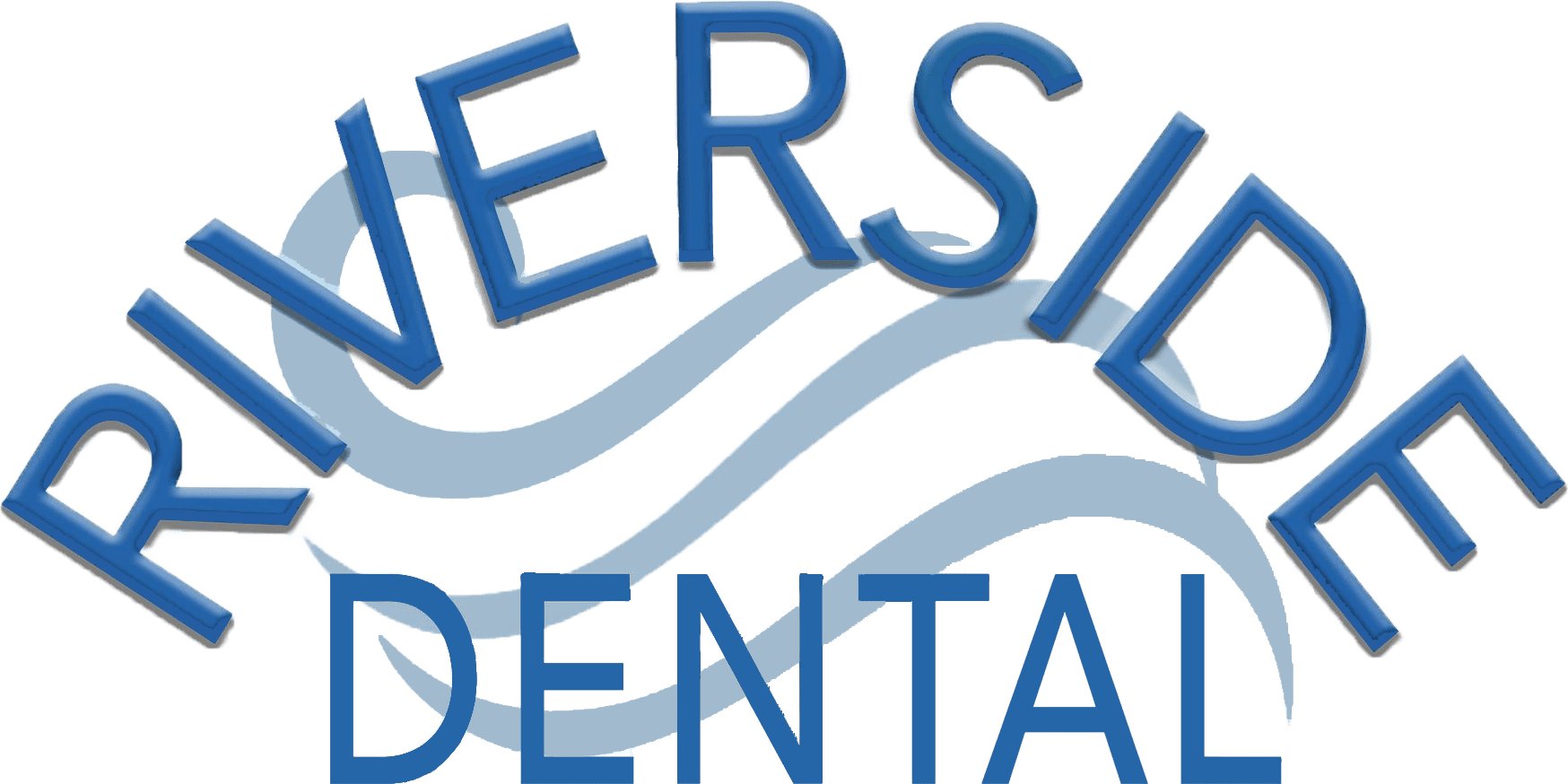THE AMERICAN CANCER Society estimates that there will be over 54,000 new oral cancer cases just in 2024. In recent decades, the survival rate of these cancers has risen considerably, and early detection is a huge part of that. That’s why we’re using Oral Cancer Awareness month to educate our patients about oral cancer’s symptoms and risk factors.
Built-In Risk Factors
There are unavoidable risk factors: men are twice as prone to oral cancer as women and it affects people over the age of 45 much more. Preventative care and early detection are especially important for people in these categories.
Risk Factors We Can Avoid
Other risk factors can be controlled. By far the biggest is any kind of tobacco use. As much as 85% of oral cancer is linked to tobacco. Frequent and heavy alcohol consumption is another risk factor that can be avoided, as is too much sun exposure (which can lead to lip cancer), HPV, and not prioritizing oral hygiene habits.
Signs of Oral Cancer
Symptoms of oral cancer include persistent lip or mouth sores that don’t heal, odd lumps on the lip, mouth, throat, or neck, strange thickness in the cheek, numbness in the tongue or mouth, red or white patches inside the mouth, difficulty chewing or swallowing, a sensation like something is stuck in the throat, and even chronic bad breath. The dentist will often spot the signs before anyone else!
Your Dentist Plays a Crucial Role
Oral cancer is frequently detected in its early stages during routine dental checkups. Beyond looking for cavities and gum issues, dentists play a key role in screening for oral cancer, highlighting another important reason to keep up with your dental appointments. Regular visits to the dentist are not only beneficial for maintaining oral health but also serve as a preventive measure for your general well-being.





